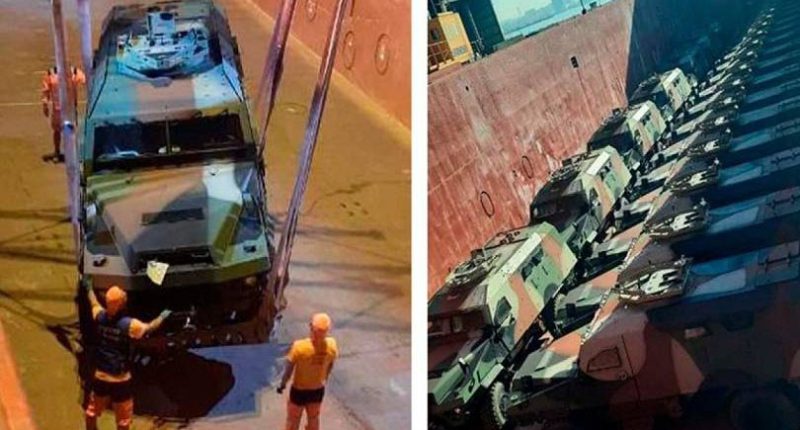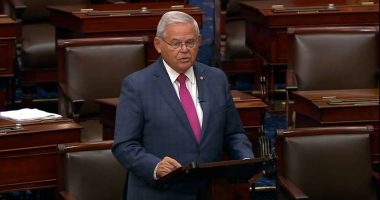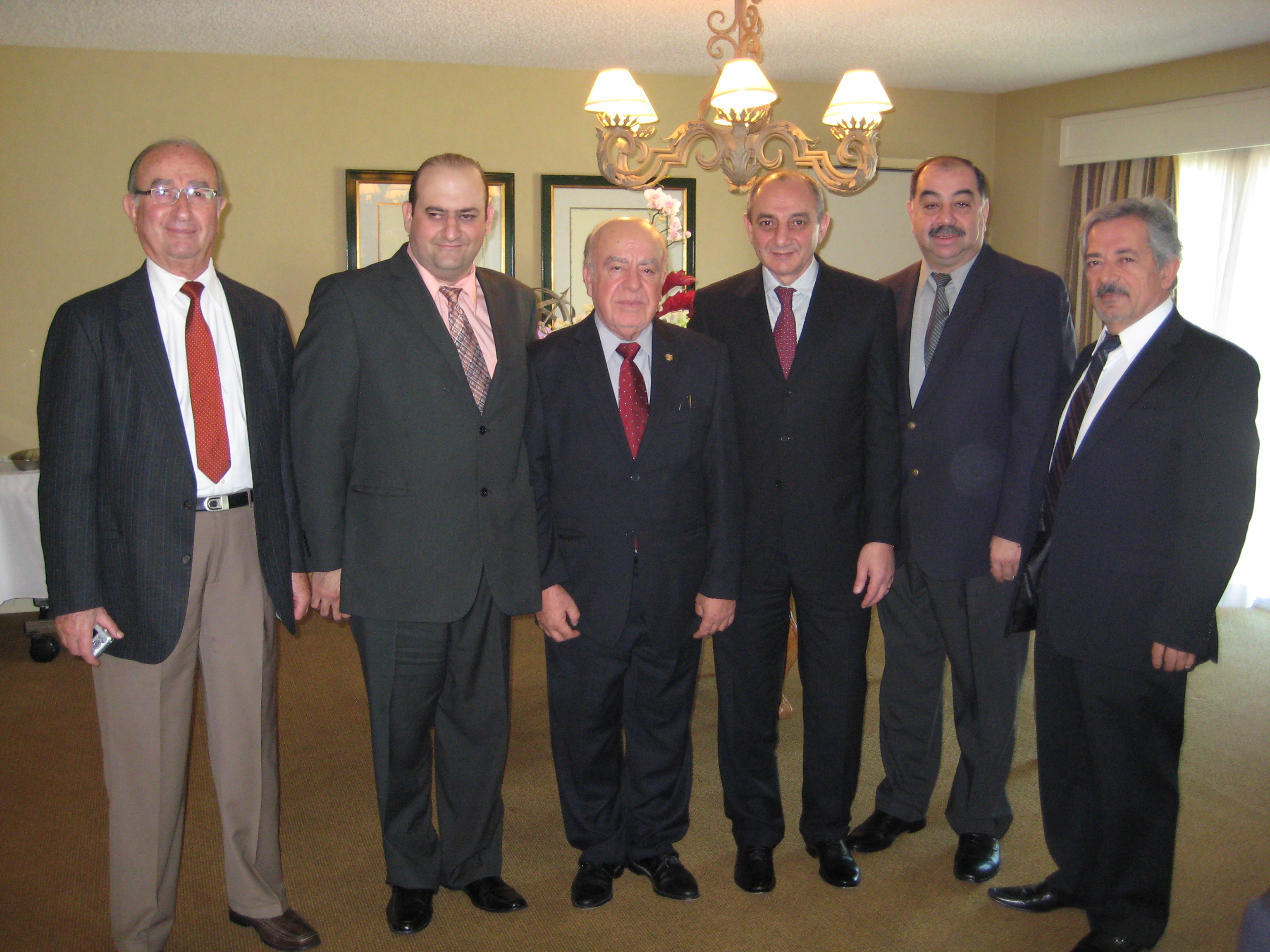By K. KHODANIAN
The recently enacted military agreement between France and Armenia has swiftly materialized. Azerbaijani sources were the first to report the arrival of a substantial number of French “Pastion” armored vehicles and accompanying equipment in Armenia through Georgia. While Yerevan adhered to its customary practice of not officially commenting on such matters, the Georgian authorities confirmed the authenticity of the circulating news.
This development is noteworthy as, until recently, Georgia had consistently denied permission for arms shipments to transit its territory en route to Armenia. However, given that France, a key player in Europe, was the sending party and Georgia harbors aspirations of joining the European Union, the refusal became a challenging stance to maintain.
Following the 44-day war, when anticipated arms deliveries from Russia failed to materialize despite upfront payments, Armenia initiated a quest for alternative sources to counter Azerbaijani threats, Initially eyeing India, with its weapons rooted in the Soviet system and considered compatible with the Armenian military. Complications arose in transporting these weapons. Iran and Georgia, mindful of their relations with Azerbaijan, declined passage for Indian weaponry to Armenia. Diplomatic efforts eventually paved the way for the delivery of Indian “Pinaka” missile systems via Iran.
Recent developments have opened new avenues for Armenia’s defense. The foreign ministers of the European Union have given their approval to expand the observation mission stationed in Armenia and discussed enhancing its defense capacity through the European Peace Facility.
The European Peace Facility, a financial instrument supporting the military and defense activities of the European Union, boasts a budget of 7.9 billion Euros for the years 2021-2027. While Ukraine has been a primary recipient of these funds, Armenia can now leverage them to procure advanced Western weaponry.
The reinforcement of Armenia’s defense capabilities has drawn concern from Azerbaijan, which protests against the arms supplied by France and India, despite allocating three times the budget for offensive weaponry.
In light of all these Azerbaijan has reasons to be careful, evidenced by a significant decrease in shootings along the Armenian-Azari border in the past month.
Having suffered significant losses from drones during the four-day war in 2016 and the 44-day war in 2020, present-day Armenia is collaborating with an Indian company to acquire anti-drone systems to safeguard its skies.
The fortification of the army is a priority for the Armenian government and it stands as the primary assurance to maintain the impenetrability of Armenia’s borders.
“MASSIS”









